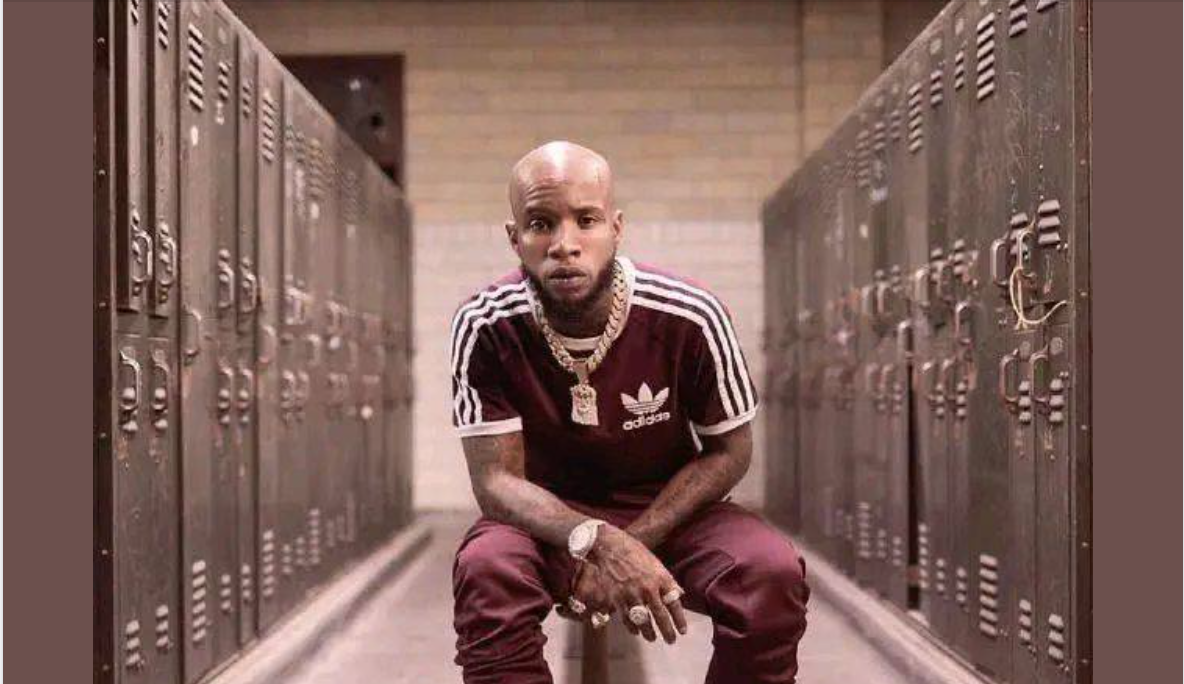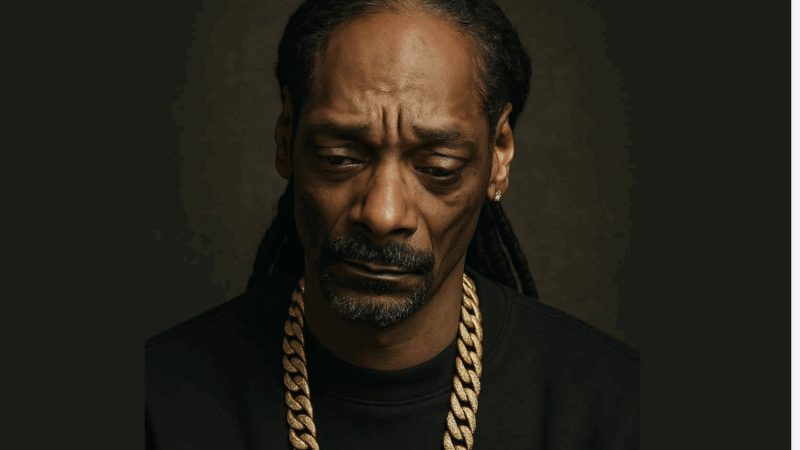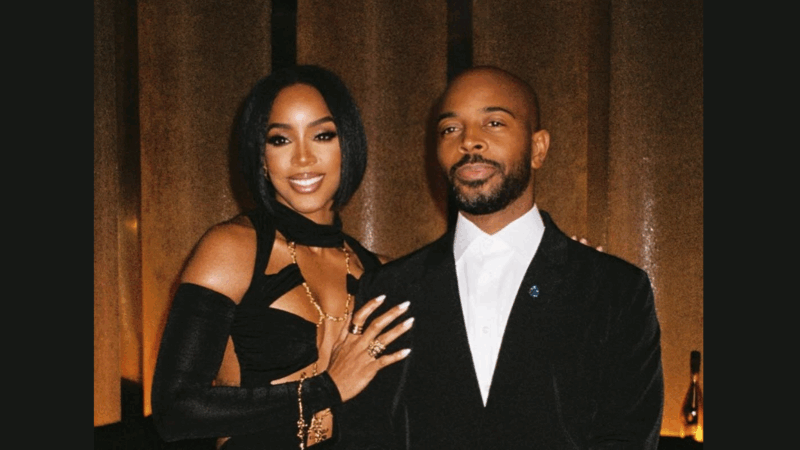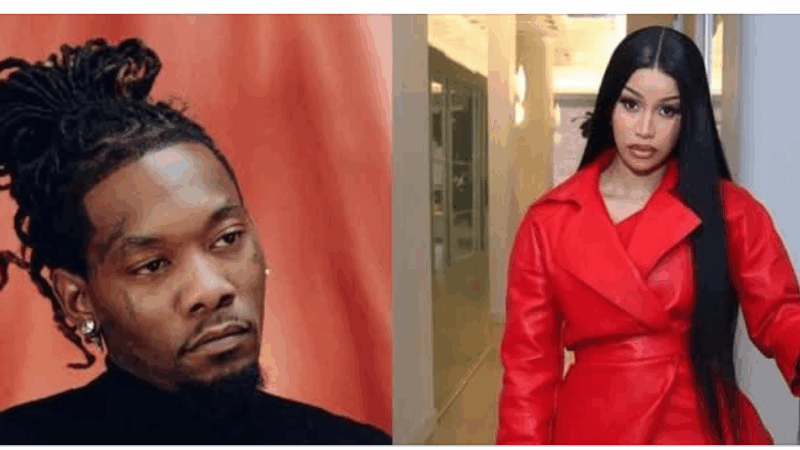Tory Lanez Actually Dissed Illuminati,He Fought The System & Came Out Victorious,So They Came Up With A Plan Of Putting Him In Jail,Tory Lanez Made $1 Million

Tory Lanez vs. the Industry: A Battle Against Control, Power, and the Elite
Tory Lanez, the Canadian rapper, singer, and visionary, wasn’t just making music — he was making waves. Beneath the glitz of his chart-topping hits and charismatic public persona, Tory was quietly rewriting the rules of the industry. While many artists played by the system’s playbook, Tory chose to create his own. And in doing so, he may have poked the bear — the so-called “system” or “elite” that thrives on control, influence, and gatekeeping.
It all started to become clear when Tory Lanez boldly stepped into the world of NFTs — non-fungible tokens — and shook the foundation of how music could be owned, monetized, and distributed. In an unprecedented move, Tory released an album exclusively as an NFT. Within minutes — less than sixty seconds — the album had sold out. Over $1 million went directly to him. No label. No distributor. No third-party platform slicing off profits. It was direct-to-fan. Raw. Revolutionary.

This wasn’t just a business move; it was a statement. Tory Lanez had essentially cut out the traditional middlemen — the record labels, distributors, and corporate powerhouses that profit off artists by controlling their catalogs, royalties, and contracts. For the elites who built an empire on the back of that control, this was more than defiance — it was disruption.
And the system doesn’t like to be disrupted.
Lanez didn’t stop there. He went further, using his independent platform to talk about ownership, independence, and freedom — three words that threaten those who thrive off manipulation and secrecy. In the eyes of those who maintain dominance over the entertainment industry, Tory had committed the ultimate sin: he became self-sufficient. Worse, he became a symbol of what other artists could be — free.
With no corporate leash around his neck, Tory became unpredictable. And in a system where predictability equals power, this made him dangerous.
But the backlash wasn’t just silent disapproval. What followed, some argue, was a calculated takedown. Tory Lanez suddenly found himself embroiled in a public scandal that would spiral into legal chaos. Allegations, trials, and prison sentences — all descending like a storm. It seemed too convenient to some. To critics and fans who were paying close attention, this felt like punishment. Not necessarily for his personal behavior, but for something bigger — his refusal to be controlled.

It’s not a new pattern. History is littered with visionaries and rebels who challenged authority, only to be buried under waves of controversy. When you challenge power structures, they often strike back in the most devastating ways — character assassination, legal entanglements, and public shame.
The truth remains debated, but the timing raises questions. How does someone go from pioneering the NFT music space, helping redefine modern streaming culture, and preaching independence — to being in handcuffs, facing serious time behind bars?
To understand why Tory Lanez might’ve become a target, one has to look at the deeper layers of the music business. For decades, gatekeepers have operated in shadows. Labels have tied artists into 360 deals, recouping investments while leaving talent struggling. Executives have controlled not just the money, but the image, messaging, and direction of artists’ careers. Artists have long whispered about the “Illuminati” — a metaphor (or for some, a literal term) for those unseen forces at the top, manipulating the industry like puppet masters.
Tory didn’t whisper. He spoke. He acted. He walked away from the table and built his own. That’s a problem for anyone trying to control the room.
His efforts also laid the groundwork for a new era. Tory Lanez wasn’t just profiting from NFTs — he made the concept cool. He inspired other artists to explore it. He opened a lane for streamers, rappers, and independent creators to believe in alternative platforms. He planted the seeds for a decentralized creative economy, and those seeds were beginning to grow.
The elites noticed. And they acted.
What’s also important to remember is that Tory Lanez didn’t just introduce new ways of releasing music — he was actively questioning the fairness and transparency of the music business as a whole. That’s not just rebellion — that’s revolution.
When someone like Tory finds a way to thrive without relying on traditional structures, it sends shockwaves through the industry. If he can do it, others can too. And once the masses realize they don’t need the machine to succeed, the machine becomes obsolete.
From the outside, it’s easy to say Tory’s current legal troubles are a direct consequence of personal choices. And perhaps, in part, they are. But to stop there is to ignore the broader pattern — the inconvenient truth that those who go against the grain often face backlash far greater than their mistakes would typically warrant.
Whether you believe in secret societies, elite puppeteers, or just good old-fashioned industry politics, one thing is undeniable: Tory Lanez was changing the game. He took bold steps toward redefining how artists think about ownership, profits, and freedom. He challenged the very infrastructure that had held musicians hostage for decades.
He was on the verge of becoming not just a superstar, but a symbol — a representation of what the new artist could be: unshackled, independent, and powerful.
And that was never going to sit well with those who benefit from keeping the doors locked.
Now, as he sits behind bars, many wonder: was it justice, or was it retaliation? Was this about a single incident — or was it a warning to others?
Whatever the truth may be, Tory Lanez has already left a legacy — not just as an entertainer, but as a rebel who dared to stand against a system designed to keep artists in line. Whether behind bars or behind a mic, his story is far from over.
Because once a system is challenged, it can never return to what it was.
And Tory Lanez challenged it with fire.





